
Franz & Petra Weninger
Burgenland and Sopron, Austria and Hungary
''
— Franz & Petra Weninger
Available Online
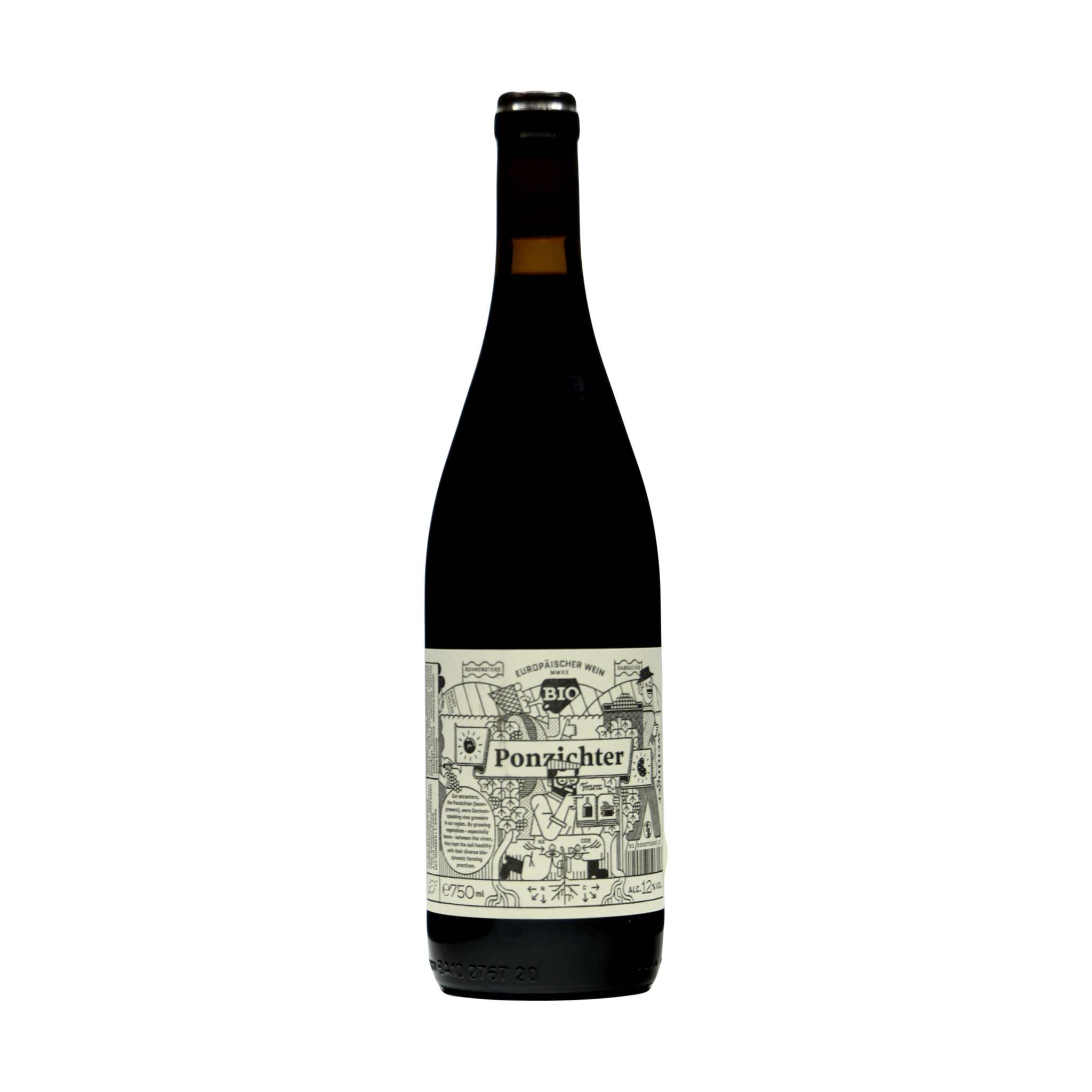

Red
Pinot Noir, Zweigelt
Biodynamic
Available
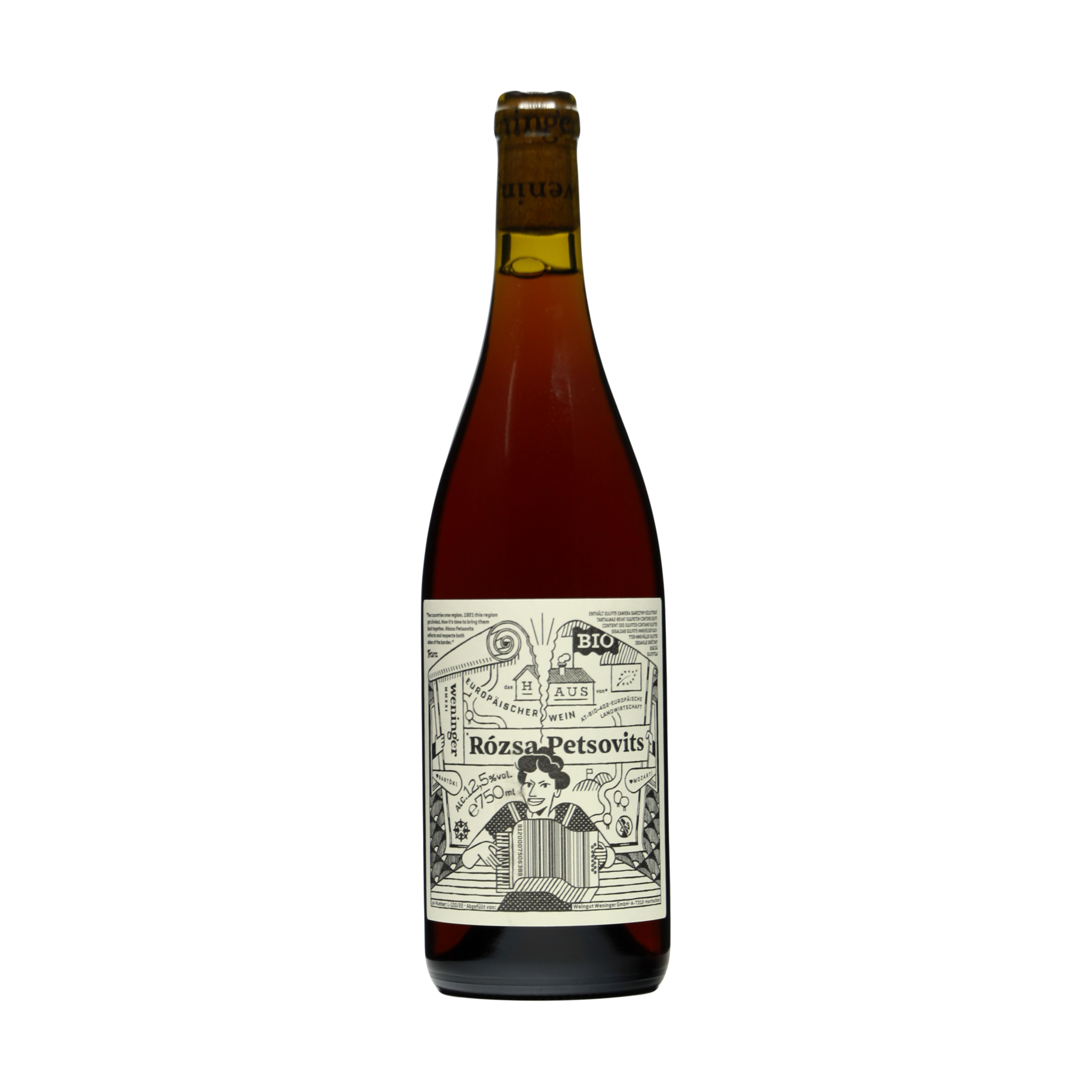

Rosé
Syrah Blend
Biodynamic
Available
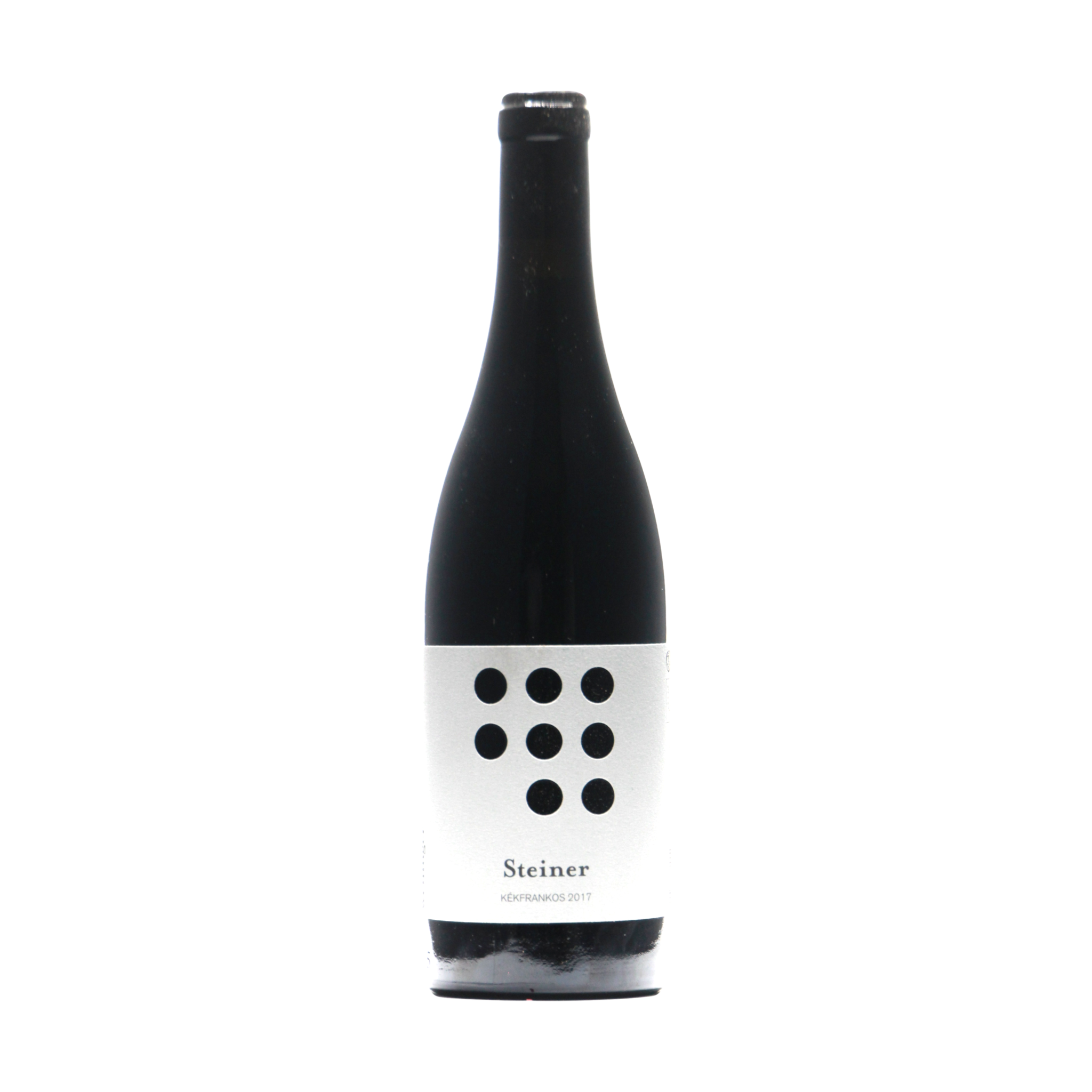

Red
Kékfrankos
Biodynamic
Available
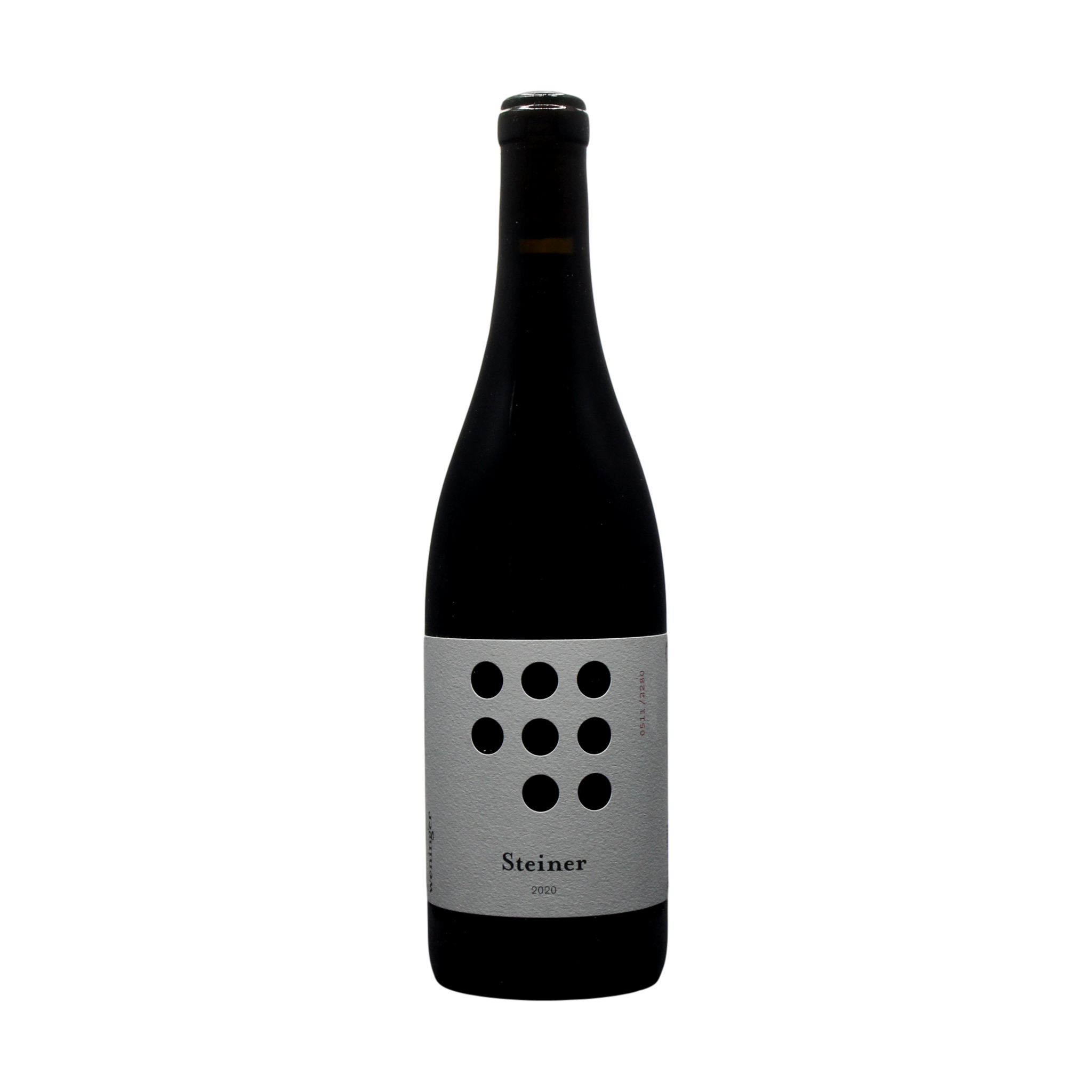

Red
Kékfrankos
Biodynamic
Available
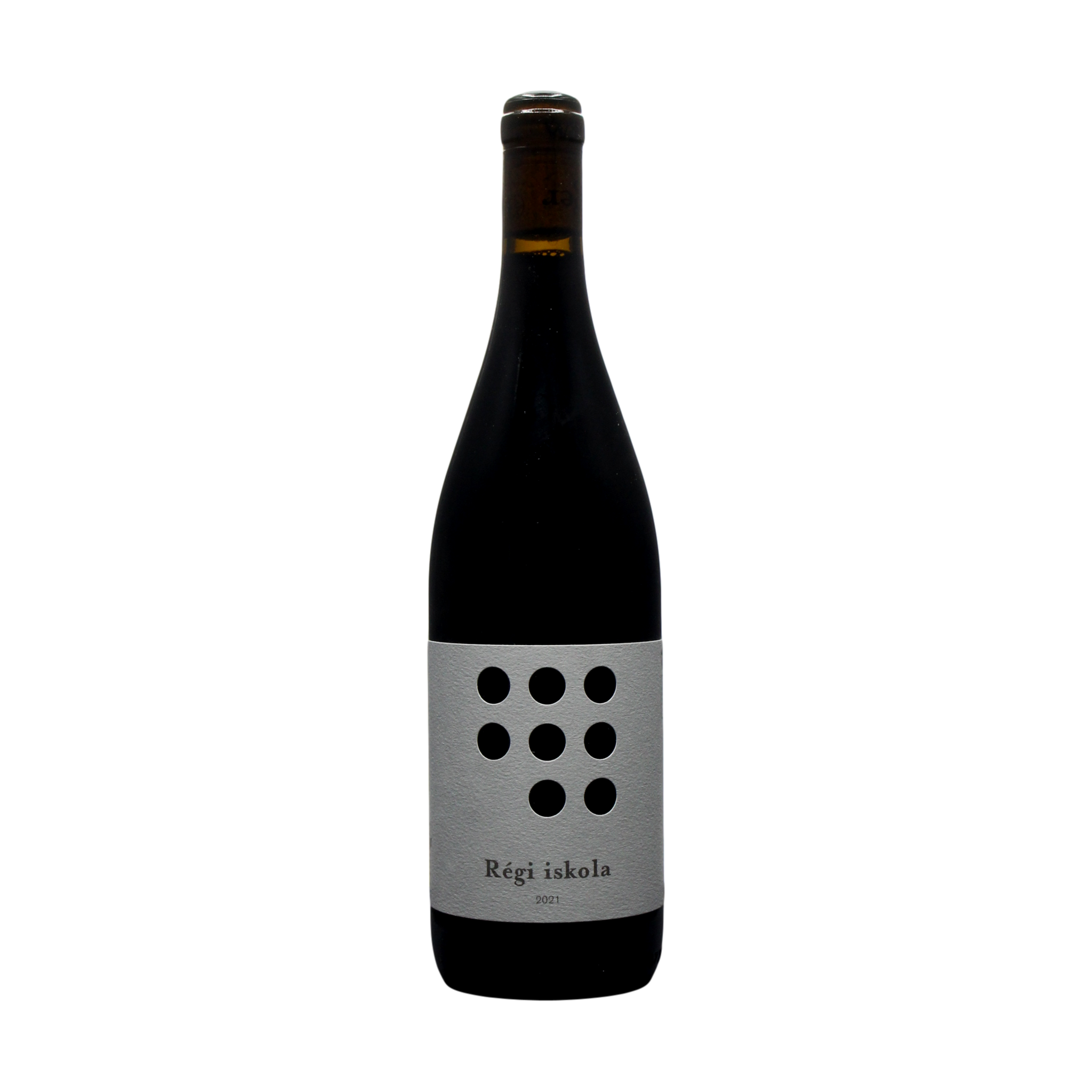

Red
Cabernet Sauvignon
Biodynamic
Inquire


Skins
Pinot Gris, Pinot Blanc
Biodynamic
Available
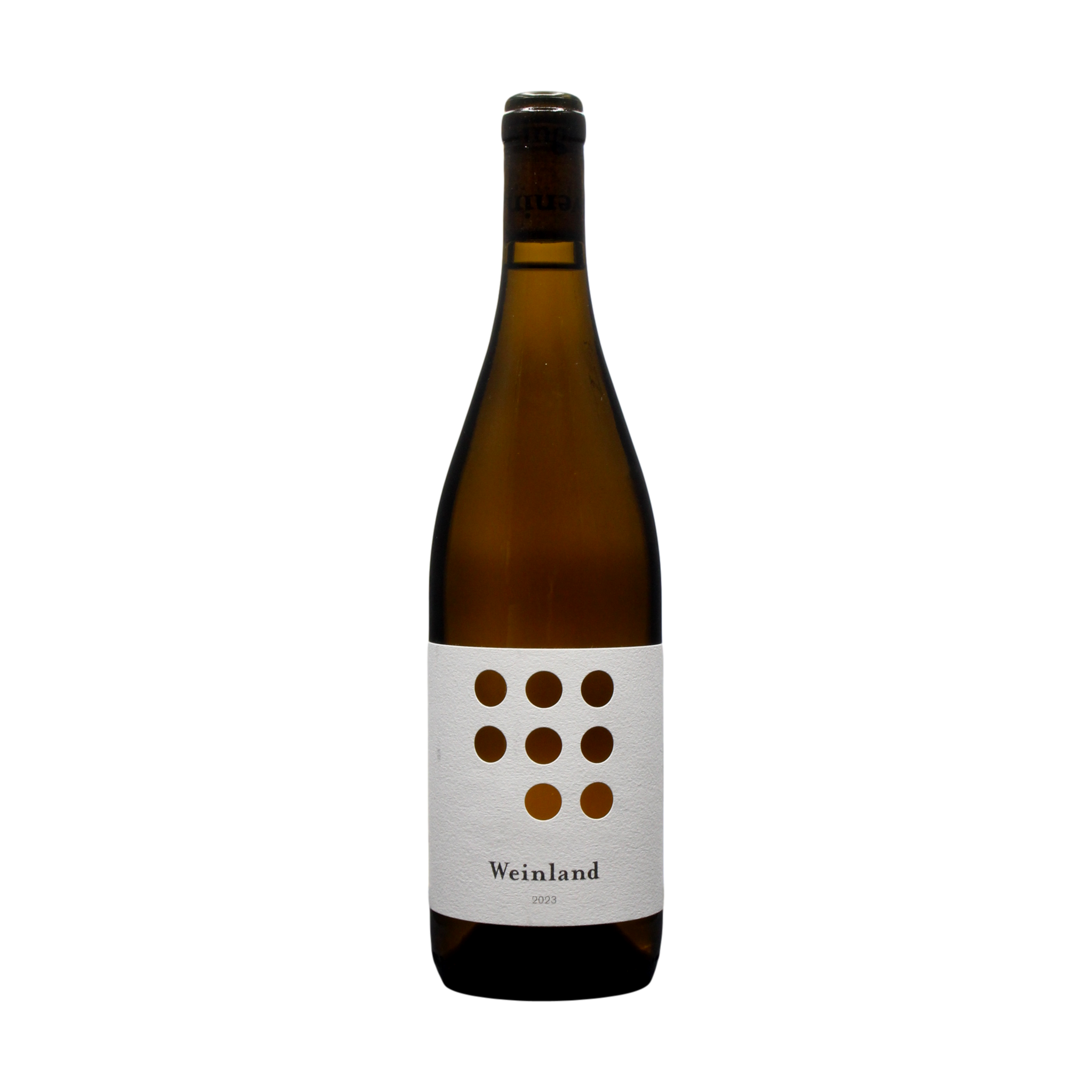

White
Souvignier Gris
Biodynamic
Inquire


Red
Blaufränkisch
Biodynamic
Available


White
Furmint
Biodynamic
Available
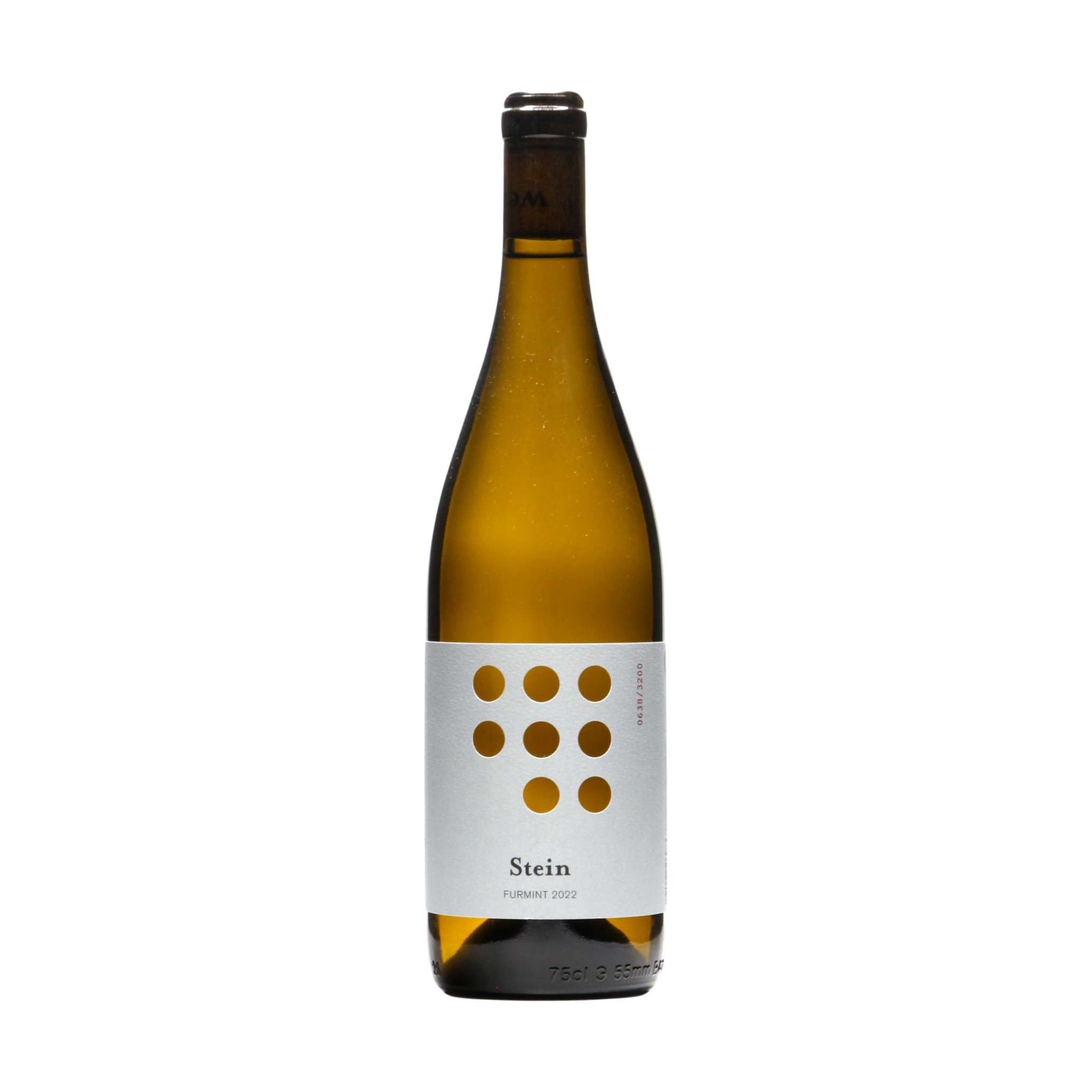

White
Furmint
Biodynamic
Available
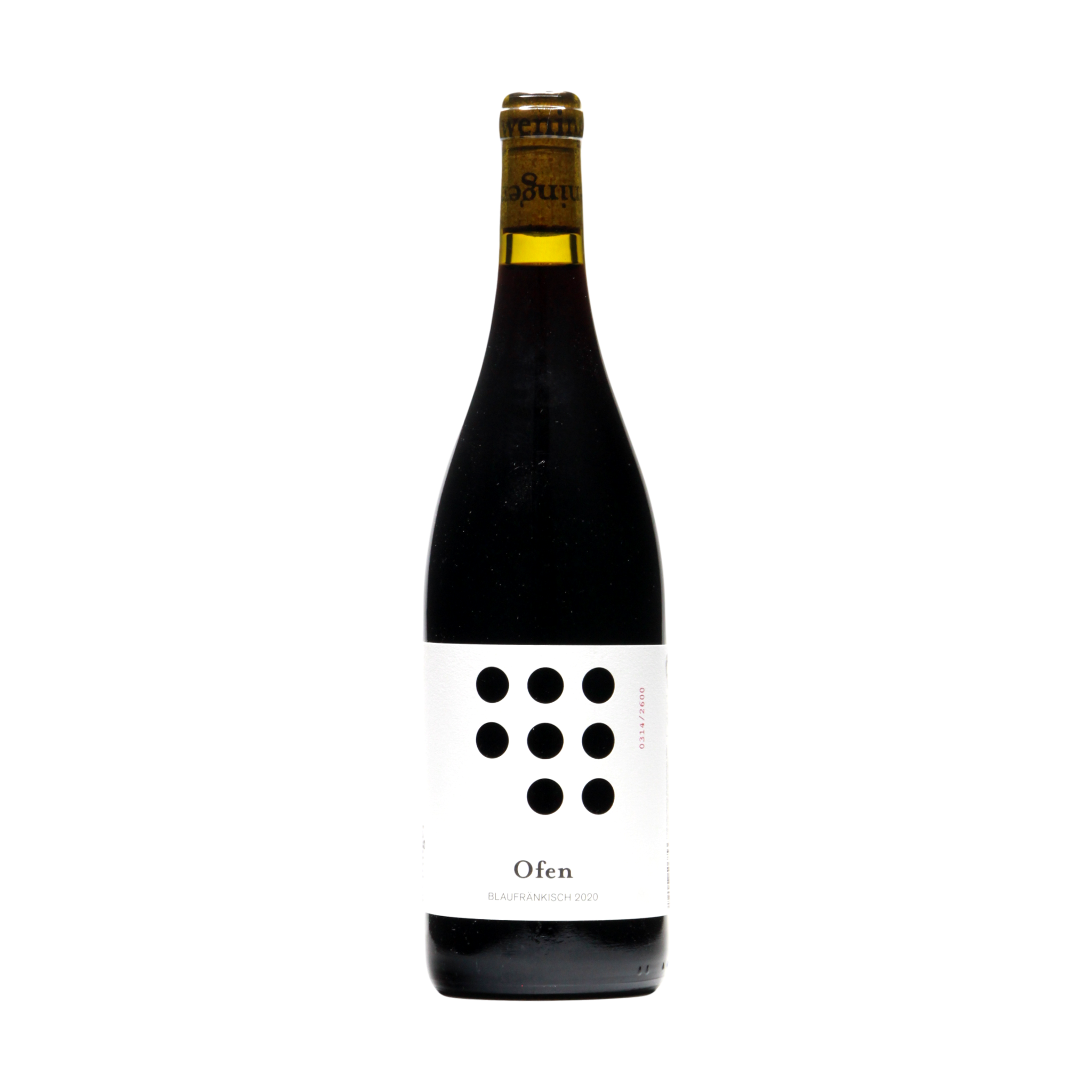

Red
Blaufränkisch
Biodynamic
Available